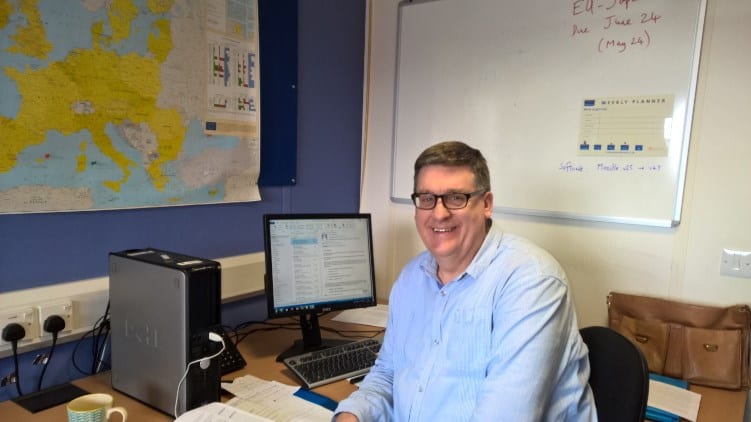Dr Murray Smith, health economist and econometrician, joins CaHRU

Dr Murray D Smith joined CaHRU this month in order to contribute expertise in health economics and econometrics to the work of the unit. He brings with him a collection of projects in health economics, including involvement in HEAT (helicobacter Continue reading Dr Murray Smith, health economist and econometrician, joins CaHRU

